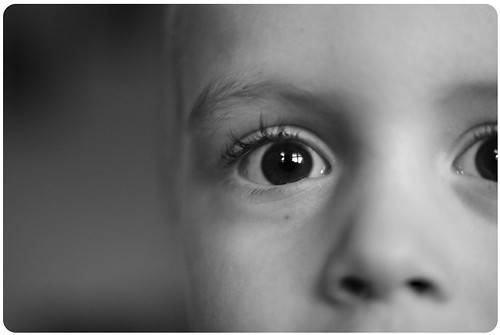In the seventh grade I had a Geography teacher who everyone was afraid of. I was told that he was strict and that the class would be especially difficult because he was teaching it. Naturally, on my first day of school, I was nervous.
My teacher had high expectations for a group of twelve year olds, it’s true, but they weren’t impossible to meet. You see, he told us he lived by a Japanese motto that said there is no such thing as perfection because whatever you do can always be better. It may sound harsh, but when implemented into his grading system it meant if he thought you deserved it, you could earn more than 100%.
You’d think that a perfectionist myself would hate a system in which you could never reach perfection, but I thrived off of it. It became a competition—what was the highest grade I could get? I spent hours on a project that many of my classmates spent minutes on. I worked hard and it paid off—there was more than one occasion when I received marks of 125% or more.
Nostalgia aside, I think my Geography teacher was onto something. You see, he didn’t mean that our work would never be good enough for high marks, he meant quite the opposite—that we should never settle for just “good enough.” That we can always improve and we should never stop reaching for better.
You can apply this to almost anything, but as this is a writing blog, I’m going to apply to Butterbeer cupcakes. You can’t get better than that.
Kidding! Though those cupcakes look pretty delicious, I must say.
Err, anyway. Writing. Right.
Now before you think I’m contradicting what I said before about the Never-Ending Editing Syndrome (and I’m totally not), allow me to explain myself. Although editing is indeed the time that you improve your writing in whatever WIP you’re working on, I’m not talking about just one project.
When I say never settle for “good enough,” I don’t just mean a WIP (although that’s certainly part of it), I mean your writing as a whole.
I don’t care if you’re a NYT Bestselling author with six-figure advances. There is always room for improvement. Always. Your craft isn’t something you should ever allow to plateau—strive to improve every day, read books about writing, critique others work, have people critique your work, look for ways to pull your writing apart and make it better.
Every day is a day that you can get better at what you do. Never settle for enough talent, enough practice, enough anything.
You can always get better.
I read writing books all the time. And re-read them with highlighters. And re-read them again with different highlighters. What are your favorite books about the craft?







